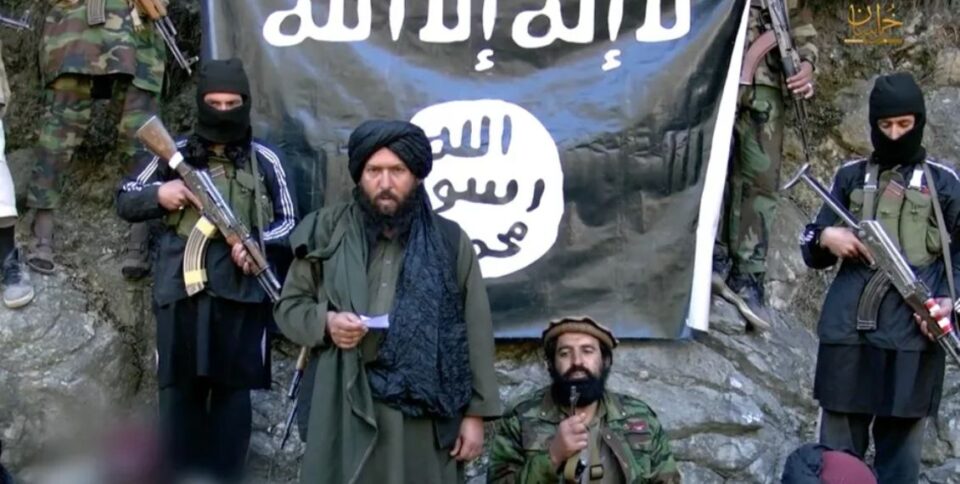KABUL: (Oct 31) Afghan military and political analysts have accused Pakistan of continuing to host and train Islamic State (ISIS-Khorasan) militants, following the killing of a senior ISIS-K figure, Nusrat — also known as Pahlawan Musa or Abu Zar — in Peshawar earlier this week, Tolo News reported.
Security sources in Kabul told the outlet that Nusrat was instrumental in planning several deadly ISIS-K attacks in Kabul during 2022 and 2023, and had been running the group’s Pahlawan Centre in Pakistan. His assassination in Peshawar has reignited debate over the group’s presence and activities inside Pakistani territory.
Pakistan has consistently denied harbouring terrorist groups. However, Afghan officials say recent arrests and killings of ISIS operatives across the border contradict Islamabad’s claims.
On Thursday, Taliban authorities released a video confession of an arrested ISIS member, Saeedullah, who admitted to receiving ideological and combat training in Pakistan’s Quetta region before entering Afghanistan through the Torkham border crossing using a fake identity card.
“When I entered Afghanistan with a fake ID card, my name was Mohammad. In Quetta, when I went to the mountains, significant efforts were made to mentally indoctrinate me,” he said in the footage aired by Tolo News.
Afghan military analyst Sarwar Niazi said the repeated discovery of ISIS-K networks in Pakistan “proves that Pakistan has long trained terrorist groups on its soil and sent them to neighbouring countries to serve its strategic interests.”
Former US Special Envoy for Afghan Peace Zalmay Khalilzad also confirmed Nusrat’s killing in Peshawar, urging Pakistan to dismantle the group’s safe havens.
Political analyst Aziz Maarej called Pakistan “the producer of terrorism in the region,” while Nisar Ahmad Sherzad added that the killing of ISIS-K leaders in Pakistani cities clearly indicated that “the country supports and shelters them.”
Reports of ISIS recruitment and training in Pakistan are not new. Earlier this year, Afghanistan’s Central Commission for Security and Clearance claimed that newly recruited ISIS fighters were being flown from Karachi and Islamabad airports to training camps in Balochistan and Khyber Pakhtunkhwa before being deployed for cross-border attacks.
Analysts argue that years of Pakistan’s “instrumental use” of militant groups for regional influence have entrenched extremism along the Afghanistan-Pakistan border, making complete elimination of ISIS-K a regional challenge rather than a national one.

